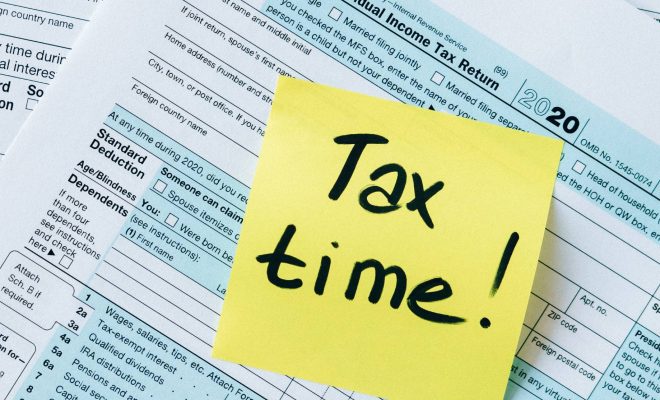The IRS Extended the Tax Deadline in 7 States. Is Yours One of Them?

The Internal Revenue Service (IRS) recently extended the tax deadline for individuals and businesses in seven states due to various natural disasters. This extension provides additional time for taxpayers to file and pay their taxes without incurring penalties or interest. If you reside in one of these states, it’s important to know whether you’re affected by these extensions and how they may impact your tax filing process.
The seven states affected by the extended tax deadline include:
1. Louisiana – In response to the severe storms, tornadoes, and flooding that occurred in May 2021, the IRS granted an extension for residents and businesses in certain parishes. The new deadline to file and pay taxes is October 15, 2021.
2. Kentucky – Taxpayers residing in counties hit by flooding, landslides, and mudslides in February 2021 have been granted an extension until August 31, 2021 to file their taxes.
3. Tennessee – Following the devastating floods and severe storms of March 2021, those living in designated areas have been granted a filing extension until August 2, 2021.
4. Alabama – Some taxpayers directly impacted by deadly storms occurring in March 2021 have been given extra time to file their taxes; the new deadline is August 2, 2021.
5. Texas – The severe winter storms that hit Texas earlier this year have prompted an extension until June 15th, 2021 for residents to submit individual and business tax returns and pay their owed taxes.
6. Oklahoma – Much like Texas, Oklahoma experienced harsh winter storms which led the IRS to grant a filing extension until June 15th, 2021 for individuals and businesses within designated disaster areas.
7. West Virginia – Parts of West Virginia experienced severe weather during February resulting in residents being granted an extended filing period until August 31, 2021.
If you live in one of the affected states, make sure to take advantage of these deadline extensions by staying informed of any changes or updates. It is important to remember that even if the IRS has extended the filing deadline, state tax deadlines might not be affected. You should verify your state’s tax deadlines independently.
Failure to meet the new deadlines may result in penalties and interest charges on any unpaid federal taxes. If you are uncertain about your eligibility for an extension or need guidance on filing your taxes, consider seeking assistance from a tax professional or contacting the IRS directly.






